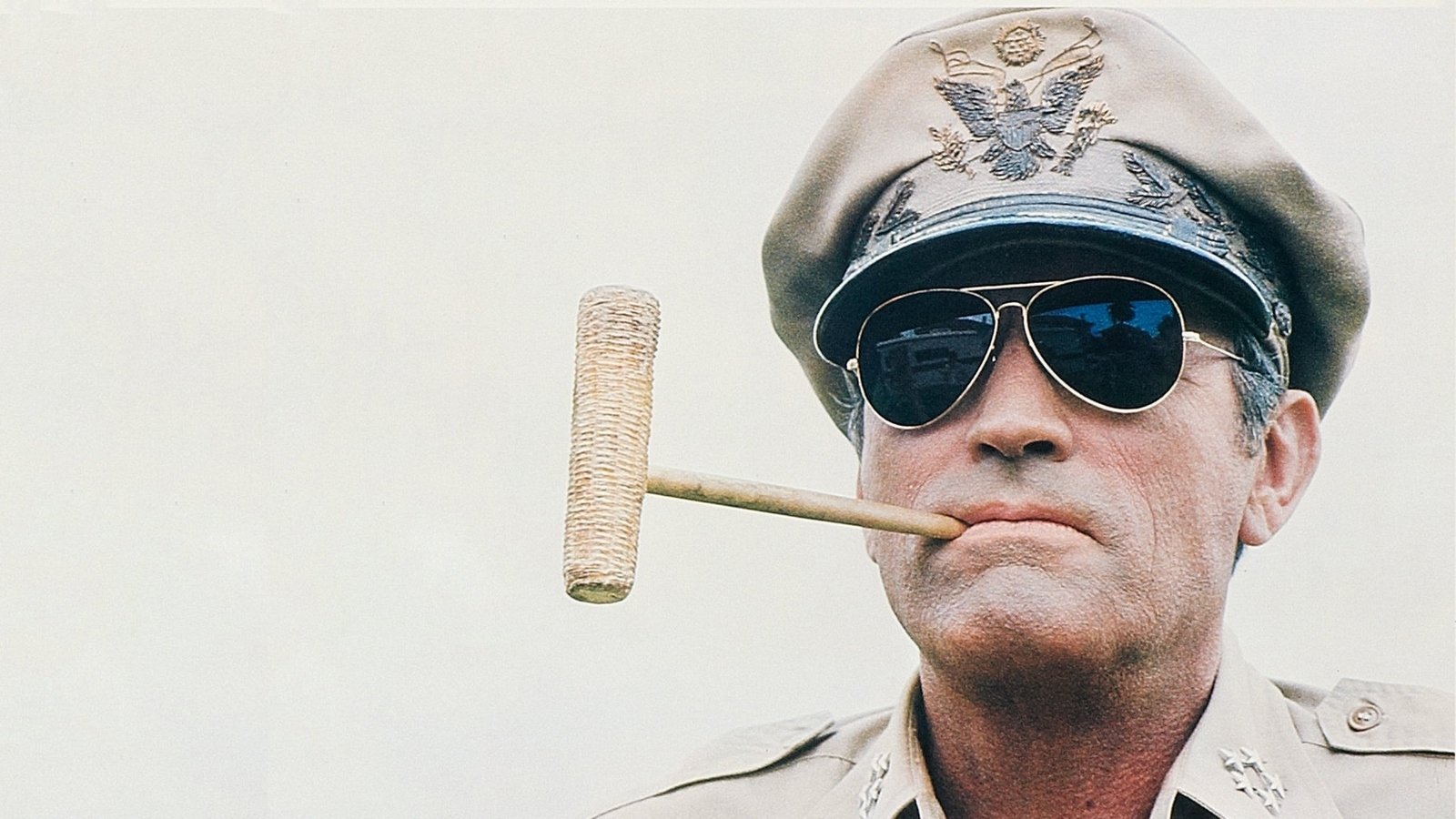The Greatest Guide To Exploring the Ecological Legacy of Dr. Robert MacArthur: A Pioneer in Community Ecology

Dr. Robert MacArthur was a popular American environmentalist whose groundbreaking work in the industry of island biogeography transformed our understanding of species circulation and biodiversity designs. Throughout his career, he made substantial contributions to environmental idea and affected generations of experts with his cutting-edge investigation methods and informative studies.
Birthed on April 7, 1930, in Toronto, Canada, MacArthur cultivated an early passion in nature and biology. He pursued his undergraduate researches at the University of Toronto before relocating to Yale University for his graduate researches. At Yale, he operated under the support of environmentalist G. Evelyn Hutchinson, who possessed a profound impact on MacArthur's medical interests.

MacArthur's lead-in job concentrated primarily on isle biogeography—the research of species diversity on islands and the elements that form it. His investigation tested dominating concepts at the opportunity through highlighting the usefulness of migration costs and termination fees in finding out species splendor on islands.
In 1963, MacArthur released his critical publication "The Theory of Island Biogeography" co-authored with Edward O. Wilson. This book provided a comprehensive theoretical framework that described designs noticed in isle ecosystems worldwide. It recommended that much larger islands have much higher species variety due to their larger land place supporting additional people and ecological niche markets.
One of MacArthur's very most prominent principles was the concept of balance theory—a version that advises there is actually a vibrant harmony between immigration and extinction costs on an island or any kind of various other isolated environment. Depending on to this theory, much smaller islands experience higher extinction fees because they possess fewer people per species, helping make them a lot more at risk to random celebrations such as organic catastrophes or illness episodes.
MacArthur also stressed the part of species turnover—the method by which brand new species switch out existing ones—in molding island biodiversity over time. He demonstrated that different styles of environment fragmentation may lead to different patterns of turn over depending on aspects such as dispersion capacity and reasonable interactions one of species.
Throughout his career, MacArthur performed substantial fieldwork in various isle ecological communities, including the West Indies, Pacific Islands, and the Galapagos Islands. He painstakingly picked up information on species distributions, wealth, and ecological communications to examine and fine-tune his ideas. His area studies were characterized through cautious review and meticulous documentation—a proof to his commitment to progressing environmental know-how.
MacArthur's work possessed a extensive influence on the field of ecology and carries on to shape scientific research today. His strenuous strategy, impressive thinking, and capability to include academic concepts with pragmatic record laid the base for present day isle biogeography investigation.
Moreover, MacArthur's additions extended beyond his personal study efforts. This Site mentored several students who went on to become influential ecologists themselves. Several of his concepts have been even further established by subsequent productions of experts who continue to create upon his job.
Unfortunately, Dr. Robert MacArthur's lifestyle was reduced brief when he passed away at the age of 42 in 1972 due to difficulties from Hodgkin's health condition. Nevertheless, his legacy resides on by means of his groundbreaking contributions to island biogeography and ecology as a whole.
In final thought, Dr. Robert MacArthur was a lofty researcher whose work changed our understanding of island biogeography. His theoretical platform and ingenious investigation techniques continue to shape modern ecological studies and encourage scientists worldwide. Despite his unfortunate death, MacArthur's additions stay highly prominent in the industry of conservation today
